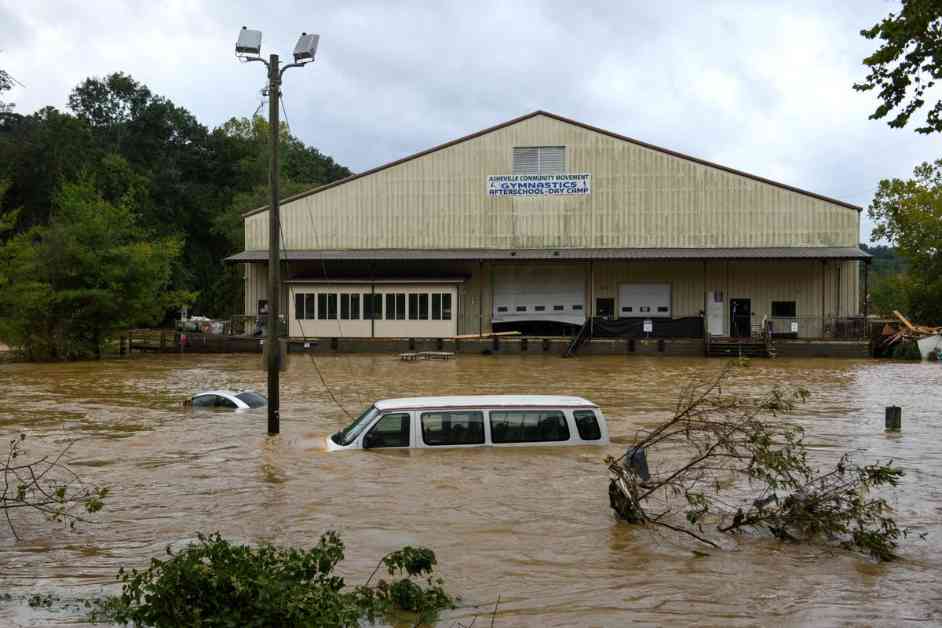Communities in the Southeast are facing the aftermath of Hurricane Helene, which is shaping up to be one of the most devastating disasters in the country’s history. The destruction caused by the hurricane, which reached far inland from Florida’s Gulf Coast to southern Appalachia, serves as a clear indication of the escalating impacts of climate change. The rising temperatures are contributing to the formation of stronger and more deadly hurricanes, the effects of which can be felt across the nation.
The tragic events following Hurricane Helene also serve as a stark reminder that no region is safe from the threats posed by climate-related disasters. Asheville, North Carolina, which was heavily impacted by flooding, has previously been hailed as a “climate haven.” The devastation caused by the hurricane has left many communities reeling, with millions of people losing power and property damages estimated to reach into the tens of billions of dollars.
The rapid intensification of Hurricane Helene was fueled by the warm waters of the Gulf of Mexico, leading to more than 60 reported deaths across five states. The catastrophic floods that overwhelmed communities in Florida, Georgia, South Carolina, North Carolina, Tennessee, and surrounding areas have left a trail of destruction in their wake. The impact of the hurricane has been compared to the devastation caused by Hurricane Katrina in Louisiana in 2005.
As the affected regions work towards recovery, it is essential to acknowledge the long-term implications of climate change on such extreme weather events. The economic costs of disasters like Hurricane Helene can be staggering, with experts warning that the total damage could range from $20 billion to $34 billion. The storm serves as a sobering reminder of the need for proactive measures to address the impacts of climate change and build resilience in vulnerable communities.
President Joe Biden has declared several states and counties affected by Hurricane Helene as major disaster areas, making them eligible for emergency aid to support recovery efforts. The true extent of the damage caused by the hurricane is still unfolding, with reports of deaths and destruction continuing to emerge. The road to recovery will be long and challenging, particularly in areas where flood insurance coverage is low, leaving many households vulnerable to the financial burdens of rebuilding.
As communities come together to support one another in the wake of Hurricane Helene, it is crucial to recognize the importance of addressing climate change and its far-reaching consequences. By investing in sustainable and resilient infrastructure, implementing effective disaster preparedness measures, and fostering a culture of environmental stewardship, we can work towards a more secure future for all.




